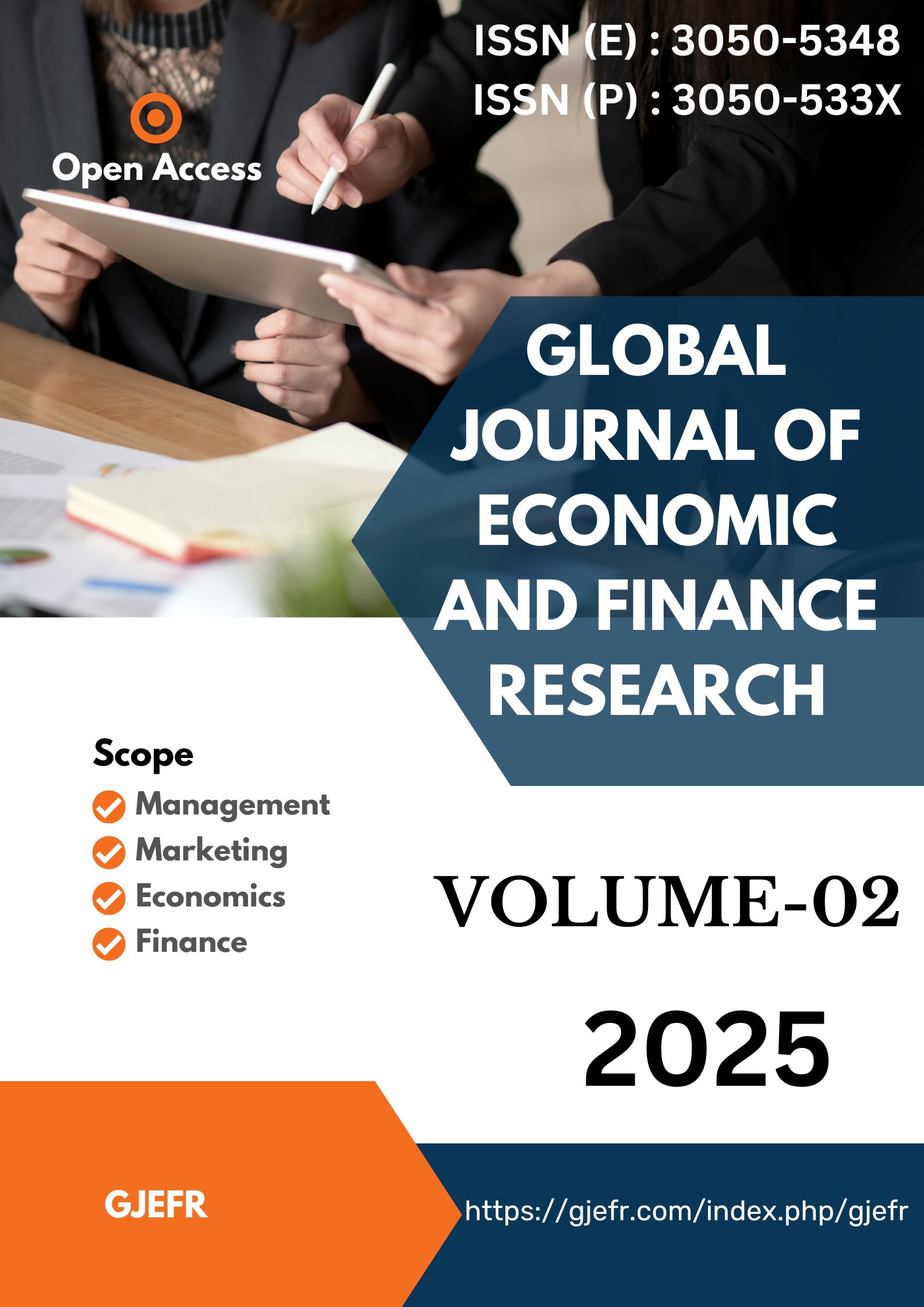Economic and Financial Impacts of Asset Forfeiture Laws in Indonesia
DOI:
https://doi.org/10.55677/GJEFR/06-2024-Vol01E6Keywords:
Asset Forfeiture Laws, Economic Impacts, Financial Stability, State Revenues, Public Expenditure, recovered assets.Abstract
Asset forfeiture laws are critical tools in combating economic crimes, safeguarding public finances, and strengthening institutional integrity. This paper examines the economic and financial implications of Indonesia’s asset forfeiture legislation, with a particular focus on its effectiveness in recovering state losses and deterring illicit activities. Utilizing a mixed-methods approach, the study integrates empirical data analysis with qualitative insights derived from stakeholder interviews, judicial case reviews, and media content analysis. The findings reveal that asset forfeiture has made notable contributions to revenue recovery and crime deterrence. However, its full potential is constrained by enforcement inefficiencies, legal ambiguities, and challenges in institutional coordination. The paper offers policy recommendations to enhance the effectiveness of asset forfeiture laws, improve cross-agency collaboration, and streamline international cooperation, ultimately positioning asset recovery as a cornerstone of Indonesia's anti-corruption and economic development strategies
References
Indonesian Law No. XX/202X on Asset Forfeiture
Indonesian Ministry of Finance. (2023). Annual Fiscal Report 2023.
Transparency International. (2016). Asset Recovery as a Tool for Socio-Economic Development: Southeast Asian Perspectives. Transparency International
U.S. Treasury Department. Report on the Impact of Asset Forfeiture on Community-Based Programs. Washington, D.C.: U.S. Treasury Department, 2022
Home Office. (2002). Proceeds of Crime Act 2002. London: UK Government Publishing Service.
National Crime Agency. (2021). Annual Report on Asset Recovery under the Proceeds of Crime Act 2002. London: NCA.
National Prosecuting Authority (NPA). (2020). Report on the Implementation of South Africa's Prevention of Organized Crime Act 1998. Pretoria: NPA.
Ibid.
Kleptocracy Asset Recovery Initiative (KARI). (2020). Annual Report on Global Kleptocracy Asset Recovery. Washington, D.C.: U.S. Department of Justice.
Ibid.
Government of Malaysia. (2001). Anti-Money Laundering, Anti-Terrorism Financing, and Proceeds of Unlawful Activities Act 2001. Kuala Lumpur: Government of Malaysia Publishing Service.
Ibid.
Government of the Philippines. (2001). Anti-Money Laundering Act of 2001. Manila: Government of the Philippines Publishing Office.
Ibid.
Government of Indonesia. (2001). Law No. 31/1999 on the Eradication of Corruption Crimes. Jakarta: Government of Indonesia Publishing Office.
Government of Indonesia. Law No. 31/1999 on the Eradication of Corruption Crimes. Jakarta: Government Publishing Office, 1999.
Smith, J., & Brown, T. (2020). “While substantial research exists on asset forfeiture's theoretical and operational aspects globally, studies focusing on Indonesia’s unique economic, legal, and cultural context are scarce.” Journal of Legal Economics, 15(4), 45-60.
Government of Indonesia. Law No. 31/1999 on the Eradication of Corruption Crimes. Jakarta: Government Publishing Office, 1999.
Smith, J., Op.Cit, 2
Home Office. Op.Cit, 2
National Prosecuting Authority (NPA). (2020). “South Africa's Prevention of Organized Crime Act 1998 provides another case where forfeiture has been effectively used to tackle corruption and economic crimes in a developing economy context.” Pretoria: NPA Annual Review.
Kleptocracy Asset Recovery Initiative (KARI). (2020). “These examples illustrate how well-designed forfeiture systems can not only serve justice but also provide economic dividends by recuperating state losses and reducing crime-related financial drain.” Washington, D.C.: U.S. Department of Justice.
Downloads
Published
Issue
Section
License
Copyright (c) 2024 Global Journal of Economic and Finance Research

This work is licensed under a Creative Commons Attribution 4.0 International License.

